BY KAYLA VALERA | STAFF WRITER
Even if you haven’t grown up a reader of “Archie,” everyone can at least say that they’ve crossed paths with the 75-year-old comic book series at the grocery store near the checkout aisles. Just at a glance from the cover, the “Archie” series show its age with its wholesome, all-American characters and light-hearted storyline. However, in CW’s revival of the comics, “Riverdale,” it’s safe to say that the TV version of “Archie” takes a great departure from its preceding comics.
One of the noticeable changes from the TV show is the diverse races shown in the lineup of actors. The original comics had a majority white cast and had been written that way from its creation in the 1940s, until recent comic adaptations.
It’s refreshing that the show has incorporated a wider range of ethnicities in the main cast, including an Asian Reggie Mantle (Ross Butler), an all-black Josie and the Pussycats (Ashleigh Murray as Josie McCoy, Hayley Law as Valerie Brown, Asha Bromfield as Melody Valentine), a Latina Veronica Lodge (Camila Mendes), and although it’s not widely known, a half Samoan Archie Andrews (KJ Apa). These new changes in the actors’ ethnicities create a more modern feel to the “Archie” comics and is a better reflection of today’s reality in terms of race.
In terms of the characters and their new storylines, it’s worth noting that the new “Archie” gang is quite dark and more developed than what their comic strip dialogue and thought-bubbles let on. Bringing to life these timeless high schoolers meant delving into the complexity of each characters’ motives and backgrounds.
Betty Cooper, for example, is known throughout the comics as an on-again off-again girlfriend of Archie Andrews, and rivals for his affection against her own best friend, Veronica Lodge. She is perceived as a dependable friend and is nearly perfect in every endeavor she pursues.”Riverdale” has played true to these traits of Betty’s personalities and at the same time casts them in a different light.
Considering how she strives to constantly appease her family and friends, we see in the TV show that behind closed doors, Betty has her own inner demons as we see her experience feelings of inadequacy and anxiety.
These darker elements of Betty add an authenticity to the character that makes her all the more real. Other characters in the series also tend to strike a balance between their comic book persona (that most readers remember them by) and the parts of their character that strays from the archetype that they’re often placed under.
The story opens in the town of Riverdale where we are introduced to these characters before the beginning of a new school year. Our passage into the small town is guided by the narration of Jughead Jones, the once burger-loving comic doodle turned jaded, crime-drama writer. His current obsession (as well as the subject of his latest novel) is the death and disappearance of the town’s beloved high schooler, Jason Blossom.
Although the premise of the story seems to surround his mysterious demise, Jason’s death only serves as the first of many shock factors that the TV series has in store throughout the series. Much like Jason’s death, it feels as though the innocence of the original “Archie” comics has died and given way to a story that, similar to a corpse, feels disturbing and sad to look at. The shell of something that was once vibrant and full of life is left cold and unfamiliar.
At times I found that the show’s brooding attempts at edginess and contemporary flair a bit too desperate. The taboo love affairs (“teacher/student” and suggested “twin-cest”) and pointless queer-baiting (meaningless lesbian kiss scene) are some of the few disappointing features of the new series that felt were forced and written in by impulse.
Despite these minor groans that the show deemed necessary enough to keep, I found myself truly invested in the friendships and development between some of the characters. I even wished at times that I could sit in as a fixture of the Archie gang at Pop’s Chok’lit Shoppe just to be friends with the brunette new girl, Veronica Lodge, and the blonde girl-next-door, Betty Cooper.
Regardless of the slang that the characters spoke or the modern references that they drew from, it felt as though the “Riverdale” universe calls back to an innocent era in time where drinking milkshakes with your four best friends was just the thing to do on a Friday night. The charm of this idyllic scenario is what keeps the characters grounded in the corrupt town that they live in. This sense of identity that the show has is what sets “Riverdale” apart from other teenage melodramas that CW usually showcases.
While many question whether this drastic reboot was necessary for such an age-old story, it may not have been the modern update that “Archie” fans were looking for, but it’s the one that surprisingly works the best.
What some critics have to take into account is that “Archie,” unlike other comic book series that are also making the transition to TV, lacks the assets that would usually garner a huge following of comic book fans. It doesn’t have a superhero protagonist nor is it set in a post-apocalyptic world (if you don’t count the “Afterlife with Archie” comic spinoff) or even have a main character that is anything short of supernatural.
The story at its core is about the relationships between Archie, a redheaded teenage boy, and his other high school friends as they deal with normal adolescent issues. Though the show could have been true to the comics and remain clean and wholesome – as demonstrated by shows like “Sabrina the Teenage Witch” (which was another “Archie” comic that got an earlier TV adaptation) – the CW’s pitch for “Riverdale” was just what the “Archie” storyline needed to reinvent itself into the 21st century.
“Riverdale” airs Thursday nights on the CW.

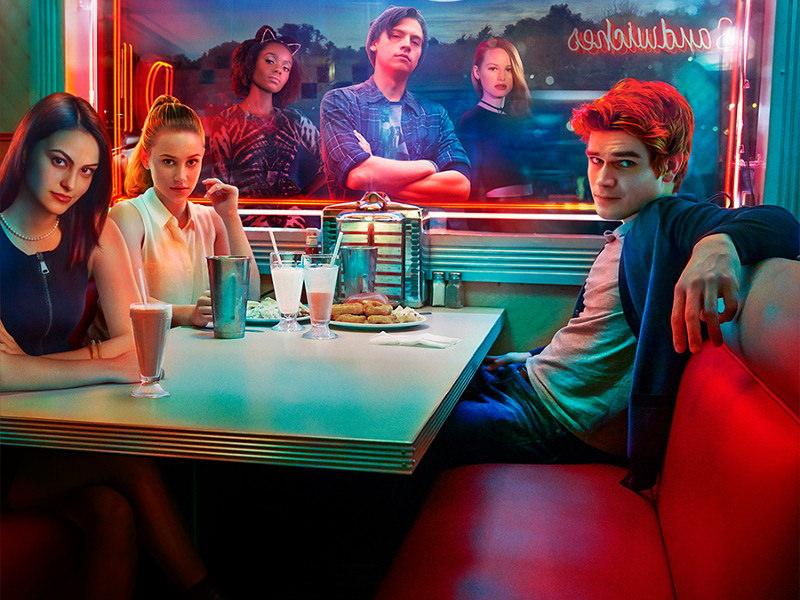
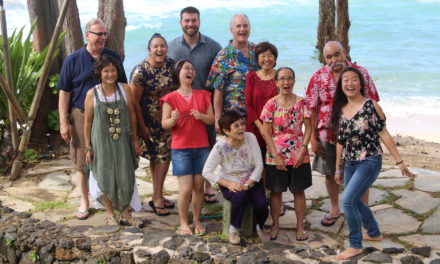
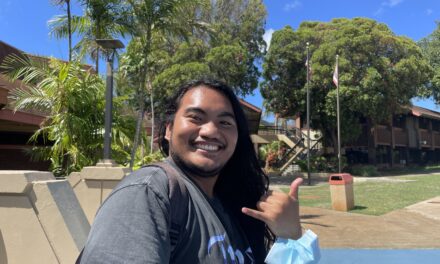
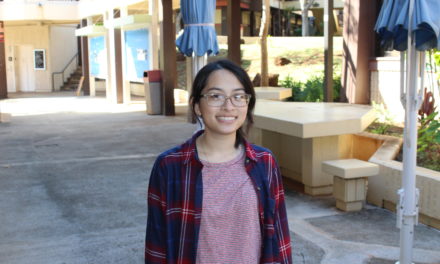
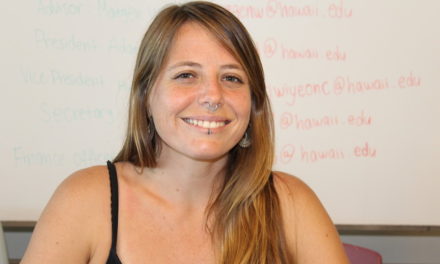

Nice